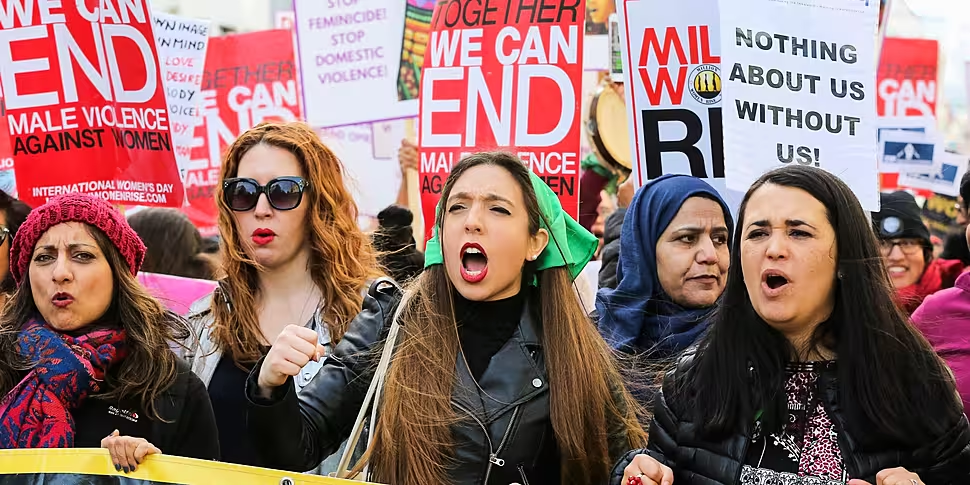Women and girls with disabilities are up to 10-times more likely to experience gender-based violence, according to a new United Nations report.
The UN Sexual and Reproductive Health Agency (UNFPA) report found that individuals of diverse sexual orientation and gender expression encounter "significant violence and barriers" to care.
It said gender-based violence remains "rampant" in practically every country and community.
"There has been zero reduction in maternal mortality since 2016, and in an alarming number of countries the rates are rising," the report found.
It said nearly half of women are still unable to make decisions about their own bodies with inequality being a major factor.
New evidence shows that although women across socioeconomic classes and ethnicities say barriers to health care have come down over time, the women most marginalised have experienced the least improvement.
"In other words, while the world has focused on serving the easiest to reach, we have neglected to confront the inequalities and disparities within our systems and societies, which has allowed gaps to widen into chasms," the report says.
It found that around 800 women still die every day while giving birth - a figure that has remained unchanged since 2016.
Nearly 500 of those preventable deaths per day are happening in countries living through humanitarian crises and conflicts.
African women are 130 times more likely to die due to pregnancy or childbirth complications than women in Europe and Northern America.
'Zero progress'
UNFPA Executive Director Natalia Kanem said there is a polarisation happening.
"For sexual and reproductive health issues, the sad truth is that rather than all hands on deck and working together, there's kind of a polarisation dialogue, a divisive type of attitude, and in a way, a 'second class citizen' attitude for the rights of women and girls," she said.
"In the space of a generation, we have reduced the unintended pregnancy rate by nearly one-fifth, lowered the maternal death rate by one-third, and secured laws against domestic violence in more than 160 countries."
But Ms Kanem said that the world has "made zero progress in saving women from preventable deaths in pregnancy and childbirth".
In 40% of countries where information is available, women's bodily autonomy is weakening due to an inability to reach "those furthest behind", she added.
Unintended pregnancies
The report found the global rate of unintended pregnancies has fallen by nearly 20% in the last three decades.
The number of women using modern contraceptive methods has also doubled.
At least 162 countries have adopted laws against domestic violence and maternal deaths have decreased by 34% since 2000.
In 2020 Ireland had a maternal mortality ratio of five deaths per 100,000 live births - one of the lowest in the world.
In contrast Somalia had a mortality rate of 621 and South Sudan's rate stood at 1,223.









